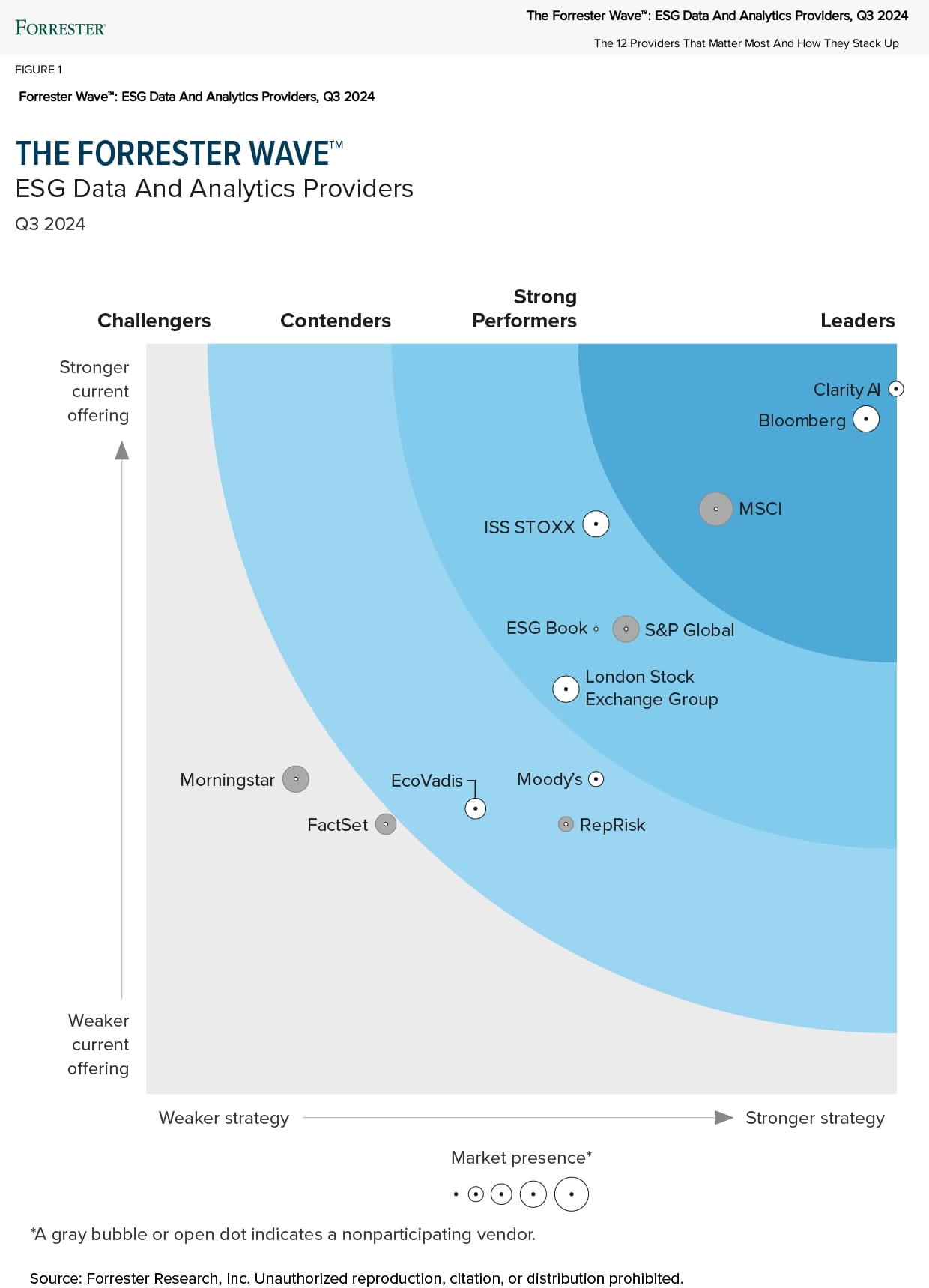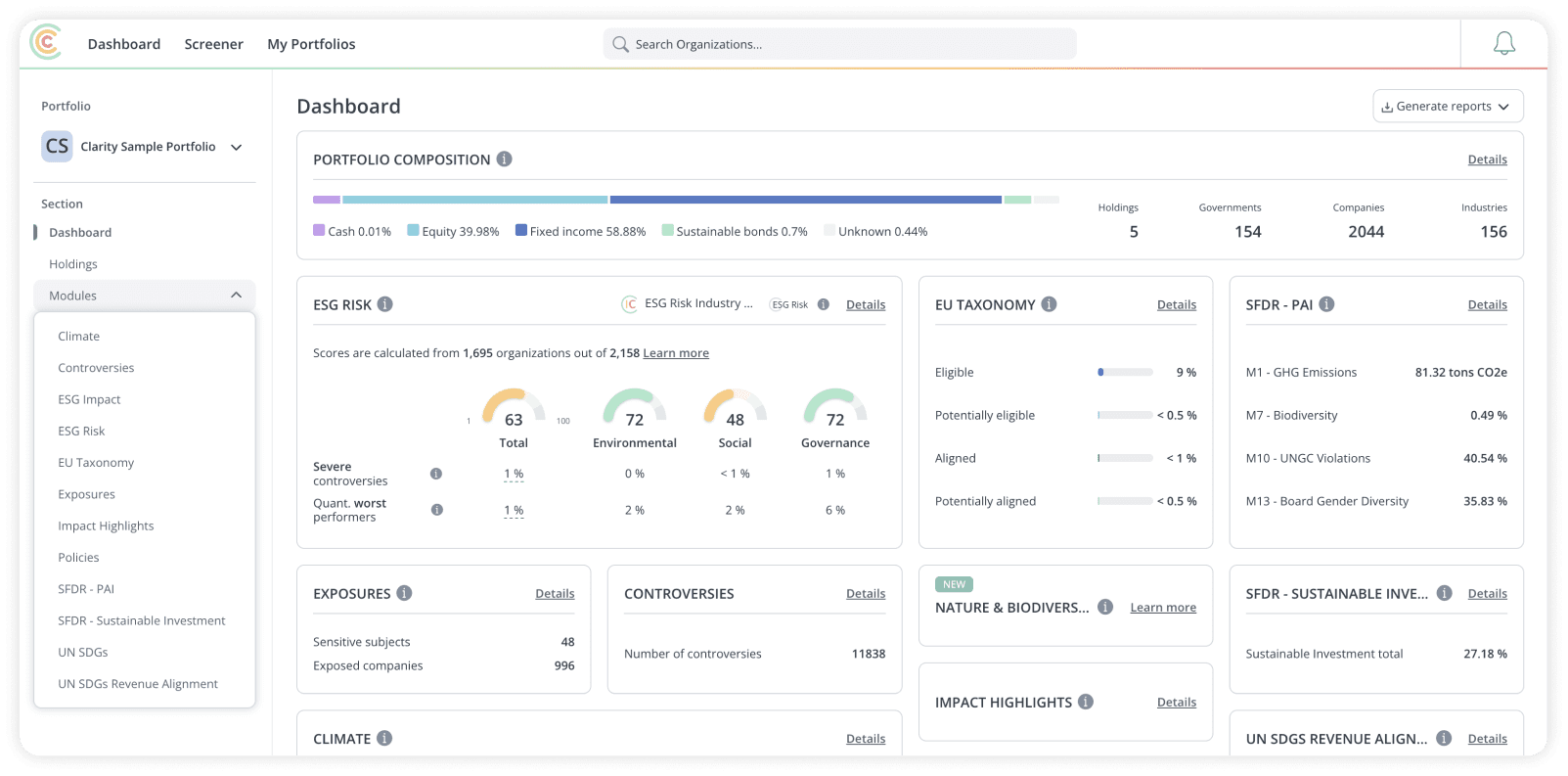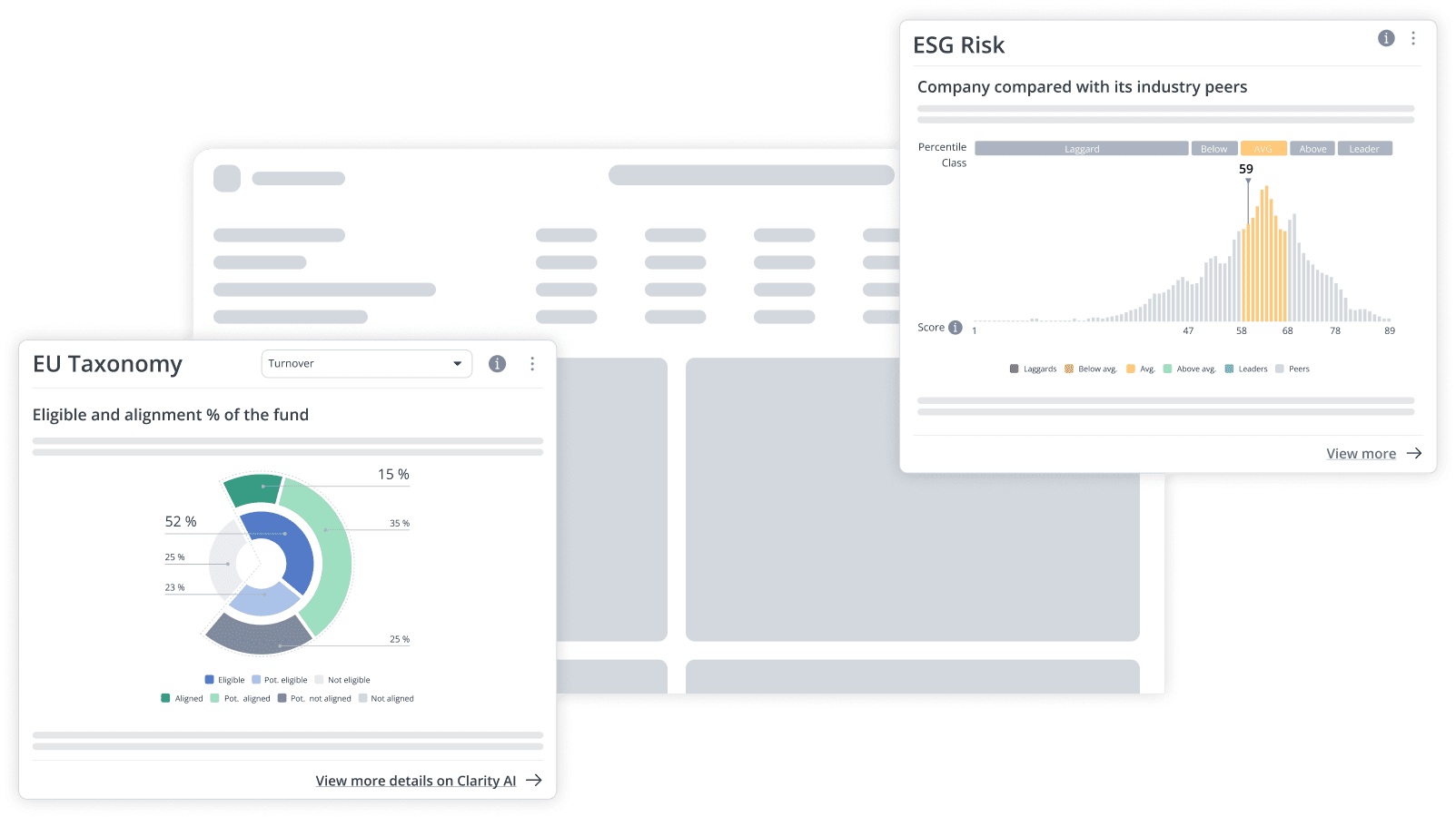The US Supreme Court recently issued three rulings¹ that could significantly limit the regulatory powers of federal agencies, including their authority to implement climate-related regulations. One of them is overturning the Chevron doctrine, which has been the norm for the last 40 years. Pending Securities and Exchange Commission (SEC) proposals may be significantly affected by these rulings, especially in cases where the SEC might have relied on Chevron in their defense. The Chevron doctrine stipulates that when faced with an issue of contentious interpretation of federal law, courts would turn to the federal agency’s interpretation if reasonable. The new Supreme Court ruling overturns this: making it harder for agencies to independently establish and enforce regulations while making it easier for businesses to contest them. In case of dispute, agencies will have to build a case and a court will be the one with the authority to resolve it, significantly reducing the implementation powers agencies had before.
This comes as the SEC Rule around climate disclosure is being contested in court. The Climate Disclosure rule was already subject to considerable doubt owing to the pause (commonly referred to as a “Stay”) placed on the rule by the SEC in April 2024. The SEC announced the delay in the implementation of its finalized rules on climate-related disclosures due to the legal challenges against it. The rule was scheduled to take effect on May 28, 2024, with application phased in starting with fiscal year 2025. However, following the SEC’s April announcement, the rules were not scheduled to come into effect until the Eighth Circuit Court of Appeals finished its review. The Supreme Court’s recent rulings potentially strengthen the challenge of businesses against the SEC, potentially citing the overreach of the SEC in its mandate.
Climate-related disclosure rules are important to enable companies to report on their climate-related risks, impacts, and opportunities in a uniform and comparable way. This is particularly important for the investor community, as it enables them to access data to help drive their investment decision-making process. The proposed SEC rule impacted companies that are subject to the SEC’s regulatory oversight, such as (but not limited to) publicly listed companies, private companies, and other entities offering securities for sale to the public. The rules focused specifically on the financial effects of climate-related risks on a company’s operations, as well as the company’s strategies for dealing with these risks.
With further regulatory uncertainty and increasing legal challenges, access to reliable data and robust analysis remains crucial for investors and companies navigating the evolving regulatory landscape. Effective data and analytics empower businesses to understand their regulatory obligations, assess risks, and develop strategies to mitigate them. Even amidst legal disputes and potential delays in regulatory implementation, organizations equipped with accurate and timely information are better positioned to adapt and thrive in dynamic environments.
As businesses continue to navigate these challenges, leveraging advanced technology and AI represents a strategic approach to maintaining a competitive edge, ensuring compliance, and seizing opportunities for sustainable growth.
¹Loper Bright Enterprises v. Raimondo, Corner Post, Inc. v. Board of Governors of the Federal Reserve System, Ohio v. EP.





